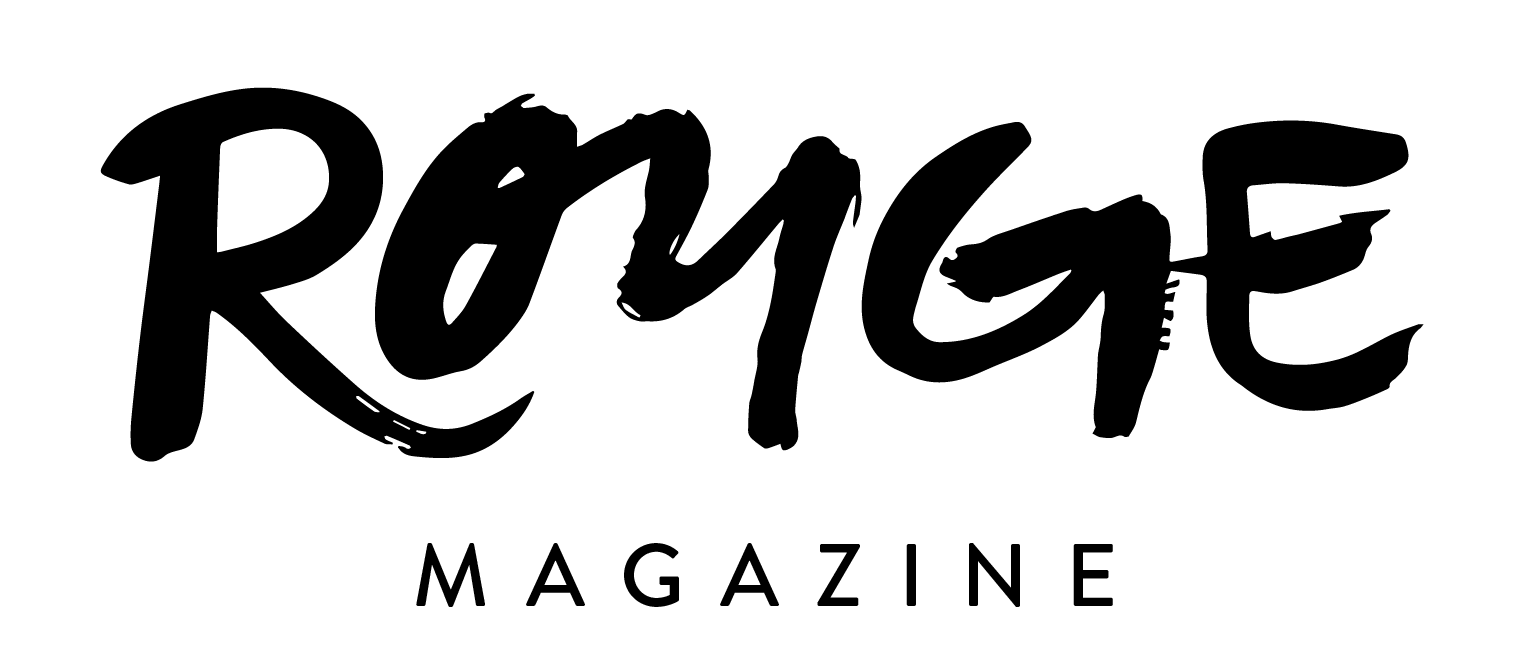Fair Fashion Highlight: Reformation
The term buyer’s remorse is often used to describe an item you regret purchasing, whether it be because it doesn’t fit correctly or the color isn’t right, or you wished you hadn’t bought it at the price that you did. Buyer’s remorse comes in all forms, but now it should take on a greater meaning. When clothing is bought from “fast fashion” brands, these brands have a reputation of not being honest with consumers about what happens to the clothing when this season’s newest trend isn’t as trendy anymore. Buyer’s remorse in the context of environmental responsibility is something consumers are starting to take into account when purchasing an item. This was one of the speculations made as to why one of the biggest fast fashion brands, Forever 21, is filing for bankruptcy. It shows that what consumers now want is changing.
Fast fashion isn’t a new concept —
— but has become a greater problem. Brands that create clothing that become a contributing factor in environmental waste and conversely doesn’t fairly compensate their workers shouldn’t be the norm. Luckily, it isn’t. As consumers become more conscious of what they are buying and where it comes from, it is allowing for more ethical fashion brands to emerge, such as the brand Reformation.
Reformation was founded in 2009 by Yael Aflalo.
Aflalo’s vision was to make a sustainable fashion brand that could also be cute and somewhat timeless. Aflalo was impacted by a trip to China where she witnessed how much pollution was produced by making clothing. This became a major motivation for founding and creating Reformation.
This sustainable brand is featured as a Fair Fashion brand because they actively work towards being environmentally ethical as well as compensating workers with fair pay. Reformation keeps track of not only profits, but other criteria that the company feels is of greater importance in a “Sustainability Report,” which illustrates how much carbon, water, and waste they produce. All workers receive at least minimum wage and the company is striving for their employees in Los Angeles to be paid actual living wages, not just the minimum wage. They also provide metro cards and health benefits to employees which is not common in fashion factories.
Reformation believes that one of the most important steps in making sure clothing is sustainable is by having raw materials that are not damaging to the environment. They break down these fibers into categories of “Allstar,” “Better than most,” “Could be better,” “Don’t use unless certified,” and “Eww, never”—or A, B, C, D and E. This method represents a gradient of fibers and what the company will use versus what they won’t, with A being the best type of fiber and E being the most damaging. The company uses many recycled fabrics to make products such as cotton, nylon, and cashmere, but also use rayon that the company says is responsibly sourced.
While Reformation has many positive aspects about its brand, something that their fast fashion counterparts have that they don’t is affordability. This is pretty common for sustainable brands: what they make up for in environmental soundness doesn’t necessarily translate to affordability.
Reformation, unlike some sustainable brands, creates clothing that appeals to the “cool girl” aesthetic. Their clothing features pieces that vary from fun and flirty dresses with feminine silhouettes to timeless pieces with a stylish edge, which is why some of LA’s most popular cool girls have been wearing their clothing. You can find pictures of celebrities like Kaia Gerber and Kendall Jenner sporting some of the brand’s clothing.
Reformation isn’t the only brand making more environmentally sound decisions and ethical methods in the fashion industry, but there are still a lot of changes to be made. It is our job as consumers to continue to be conscious of where our clothes come from and more aware of how they’re made to work towards a more sustainable future.
